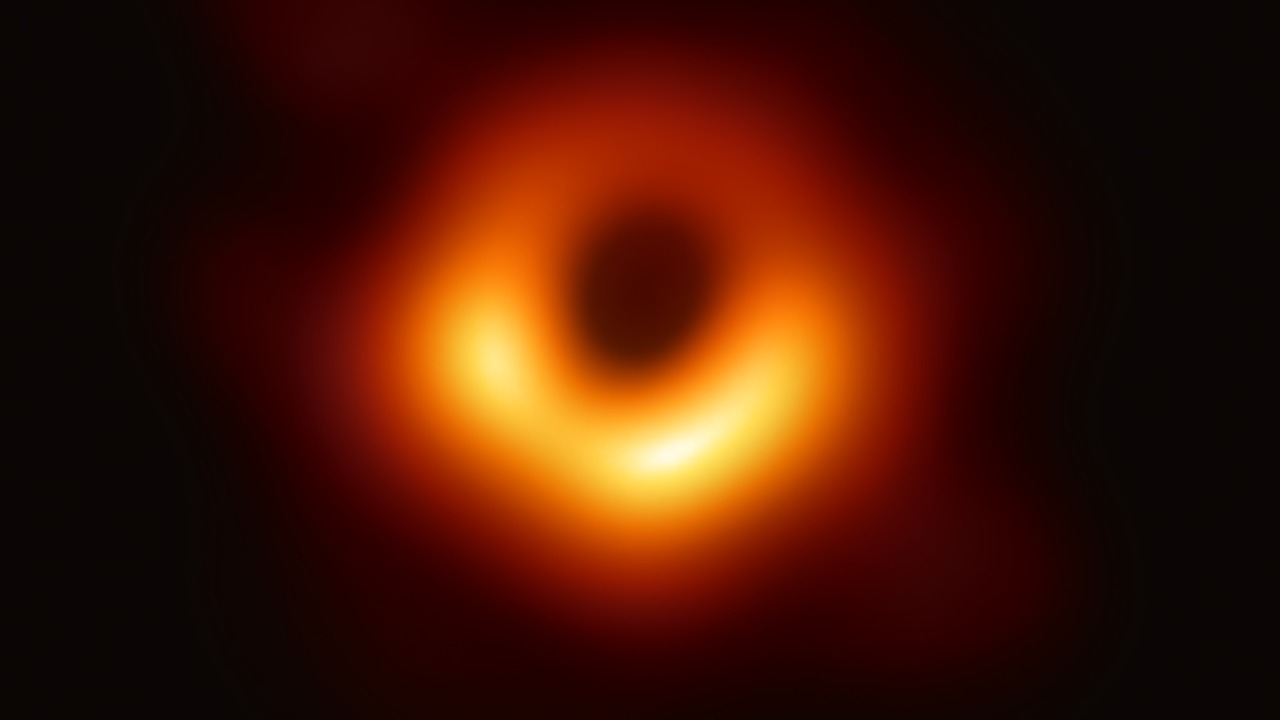
Black holes have long captivated both the scientific community and the general public, often envisioned as cosmic entities that devour everything in their vicinity. However, recent theories propose that these mysterious phenomena might not represent a terminal point but rather serve as gateways to other parts of the universe or even to different dimensions.
The possibility of black holes functioning as portals invites a fresh examination of their scientific basis and the profound implications of such a groundbreaking idea.
The Nature of Black Holes
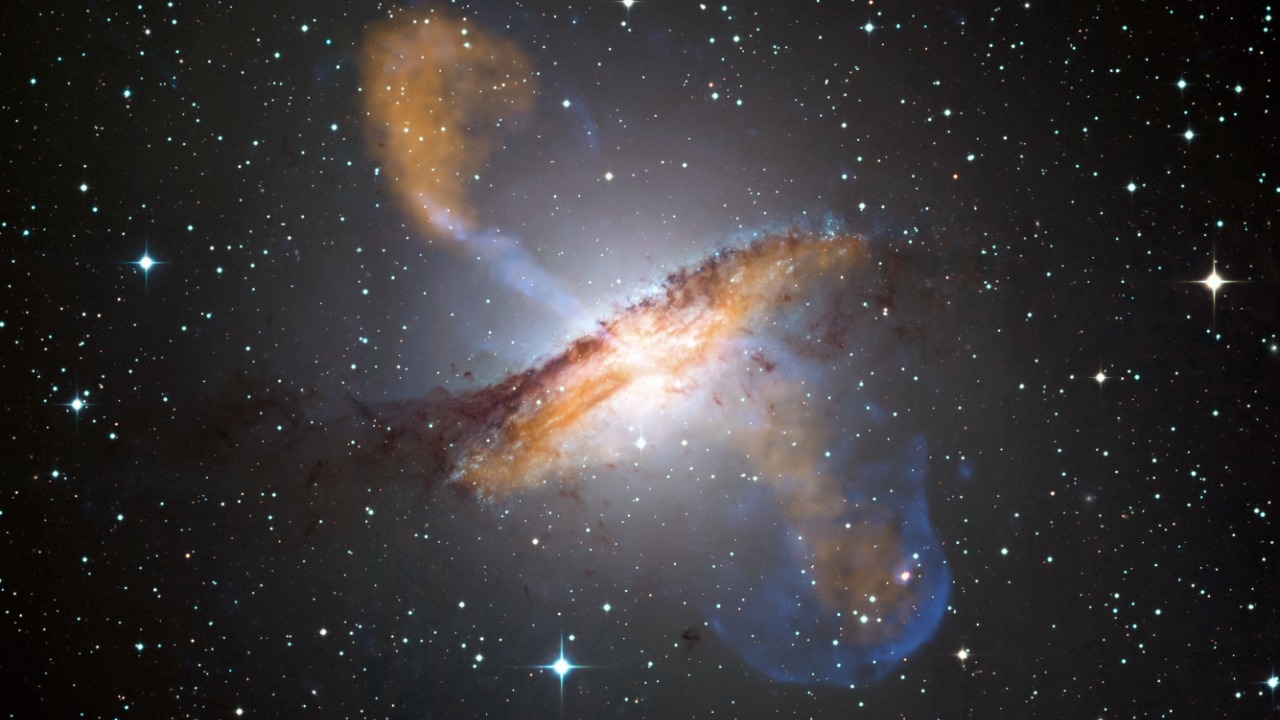
Basic Properties and Formation
Black holes stand out as some of the most intriguing objects in the universe due to their extraordinary properties. Fundamentally, they are regions of space where gravity is so intense that nothing, not even light, can escape. This immense gravitational pull is the result of their mass being concentrated into an incredibly small area. Black holes are typically formed from the remnants of massive stars that have undergone gravitational collapse. When such a star uses up its nuclear fuel, it can no longer counteract the force of gravity, leading to the formation of a black hole.
The formation process results in a boundary, known as the event horizon, beyond which the escape velocity exceeds the speed of light. This boundary delineates the observable universe from the hidden mysteries within the black hole. Despite their seemingly destructive nature, black holes are essential components of the cosmic landscape, influencing the formation and evolution of galaxies.
Singularity and Event Horizon
At the heart of every black hole lies a singularity, a point where gravitational forces compress matter to an infinite density, causing space-time to curve infinitely. This concept challenges our understanding of physics, as the laws of general relativity break down under such extreme conditions. The singularity represents a boundary in our current understanding of the universe, calling for new theories to explain these phenomena.
The event horizon, often referred to as the ‘point of no return,’ marks the boundary surrounding a black hole. Once anything crosses this threshold, it is inevitably drawn into the singularity. The nature of the singularity and the event horizon raises intriguing questions about the fabric of space-time and the ultimate fate of matter that ventures too close.
Theoretical Foundations for Black Holes as Portals
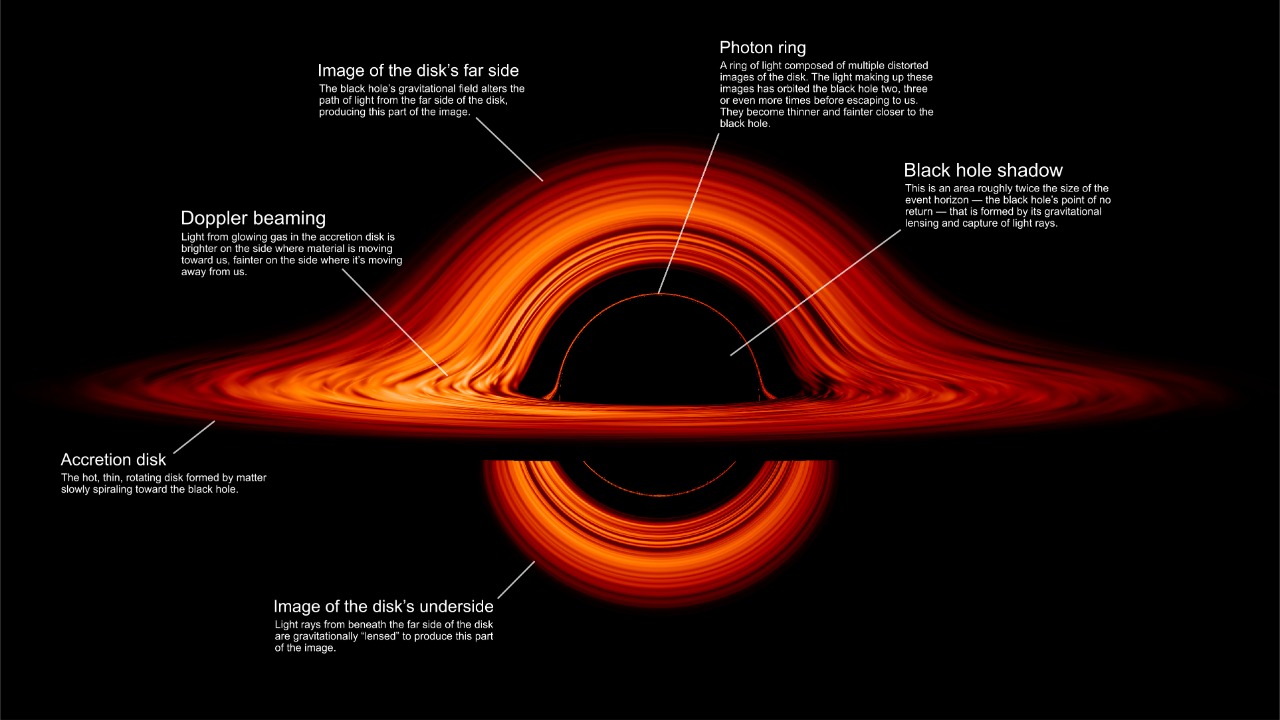
Wormholes and Einstein-Rosen Bridges
The idea that black holes might serve as portals through space-time is rooted in the theoretical constructs of wormholes and Einstein-Rosen bridges. According to Einstein’s general relativity, wormholes could function as shortcuts connecting distant points in the universe. The concept of Einstein-Rosen bridges suggests that black holes could be linked by these theoretical passages, providing a potential pathway through space-time.
While the existence of wormholes remains speculative, they capture the imagination of scientists and laypeople alike. These theoretical constructs open up possibilities for interstellar travel and communication, although their stability and traversability are subjects of ongoing research and debate.
Quantum Mechanics and Multiverse Theories
Quantum mechanics introduces a new dimension to the discussion of black holes as portals. Some theories propose the existence of a multiverse, where black holes could act as gateways to alternate realities. The principles of quantum entanglement and superposition suggest that information might be preserved in ways we do not yet fully understand, allowing for the possibility of interconnected universes.
The interplay between quantum mechanics and general relativity continues to be a fertile ground for theoretical physics. If black holes indeed serve as portals, it could revolutionize our understanding of the universe and the fundamental laws that govern it, potentially leading to breakthroughs in physics and cosmology.
Recent Research and Hypotheses
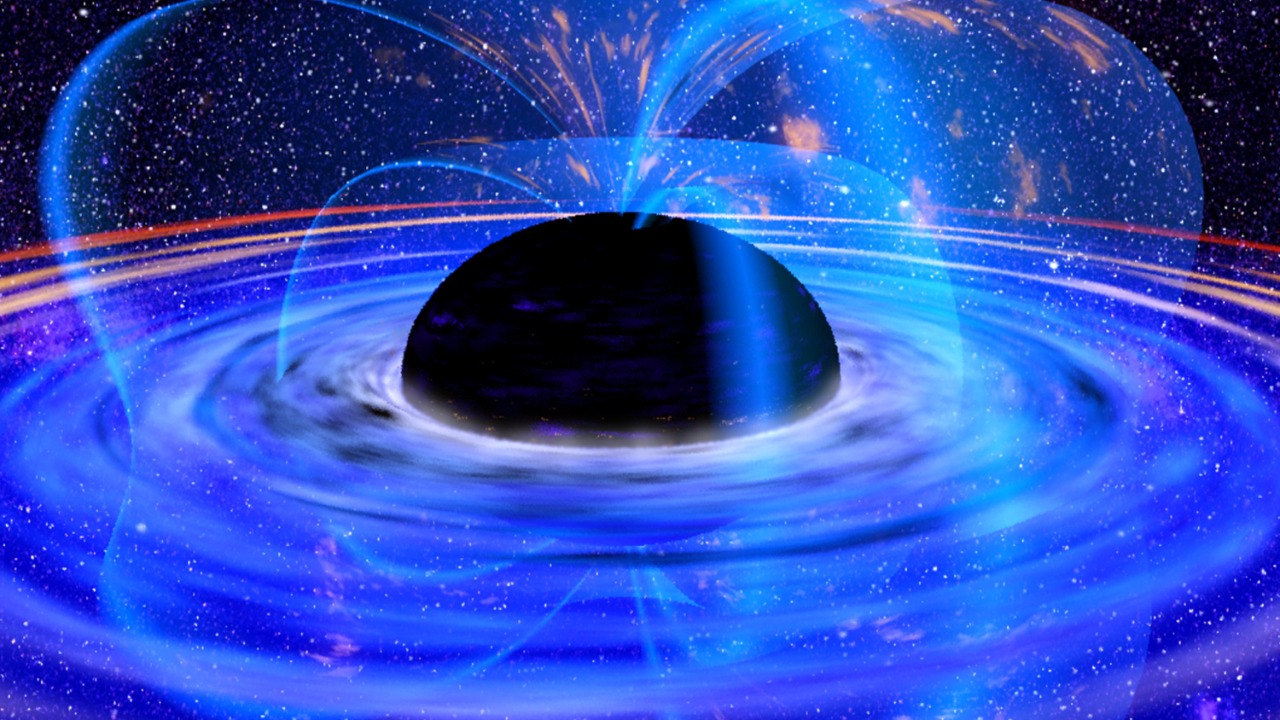
Cutting-Edge Studies and Discoveries
In recent years, various studies and hypotheses have emerged, proposing that black holes could indeed function as portals. Notable research papers, such as those from institutions like Caltech and Harvard, explore these ideas in depth. These studies highlight the potential for black holes to connect different regions of space-time or even different universes.
While many of these theories remain speculative, they are grounded in rigorous mathematical models and simulations. As researchers push the boundaries of our understanding, these hypotheses continue to inspire both skepticism and excitement within the scientific community.
Technological Advances in Observation
The advancement of telescopic technology and space exploration has significantly enhanced our ability to study black holes. Innovations in observational tools, such as the Event Horizon Telescope, have provided unprecedented images of black holes, offering new insights into their behavior and characteristics. These technological strides are crucial for testing the validity of portal theories and understanding the true nature of black holes.
Simulations and models continue to play a vital role in exploring the potential of black holes as portals. By creating virtual scenarios, scientists can simulate conditions near black holes, offering a glimpse into the possible outcomes of matter interacting with these enigmatic objects.
Challenges and Controversies
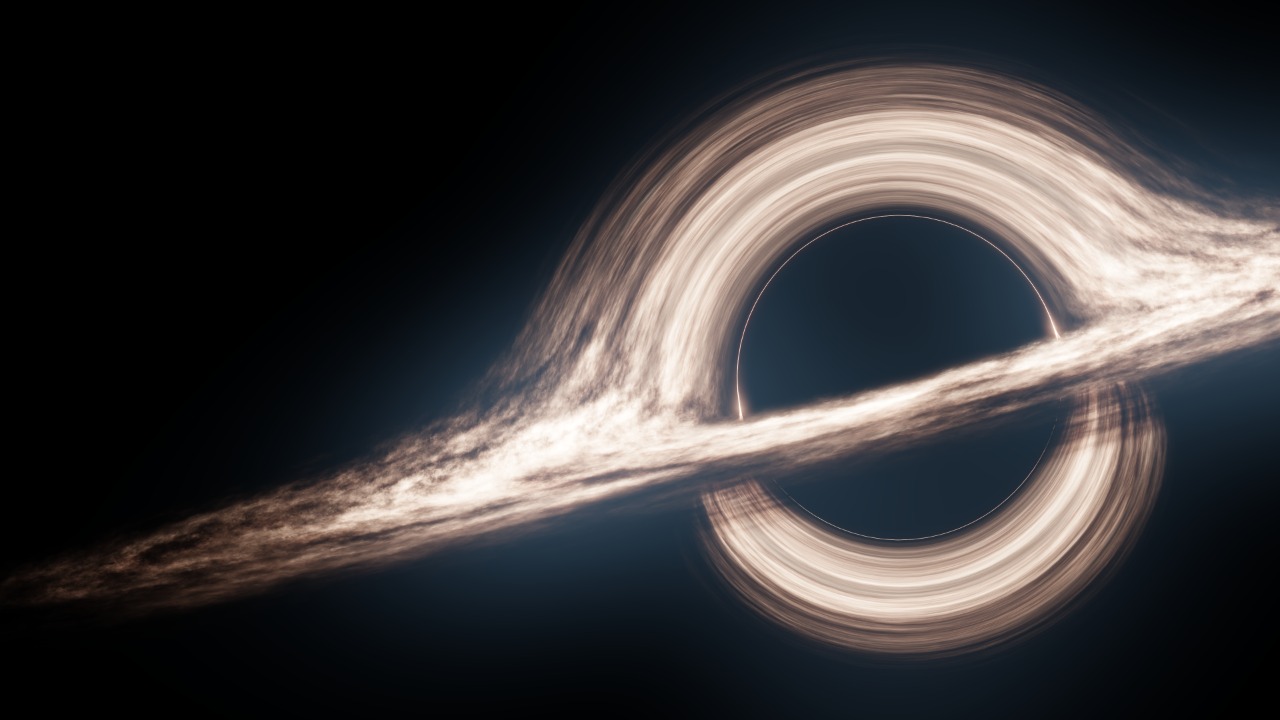
Scientific Skepticism and Debate
Despite the intriguing possibilities, the notion of black holes as portals is met with skepticism within the scientific community. Critics argue that current theories lack empirical evidence and rely heavily on speculative physics. Prominent voices in the field emphasize the need for caution and rigorous testing before accepting such revolutionary ideas.
The limitations of current research and observational data further fuel the debate. While theoretical models suggest the plausibility of portals, conclusive evidence remains elusive. As researchers continue to explore these ideas, the scientific community remains divided on the potential reality of black hole portals.
Philosophical and Ethical Considerations
The concept of black holes as portals raises profound philosophical questions about the nature of reality and existence. If these cosmic entities do indeed connect different parts of the universe or alternate dimensions, it challenges our understanding of space, time, and the universe itself.
Moreover, the prospect of exploring or utilizing black holes as gateways presents ethical dilemmas. The potential risks and consequences of venturing into unknown realms must be carefully considered, prompting discussions about the ethical implications of such exploration.
Implications for Our Understanding of the Universe
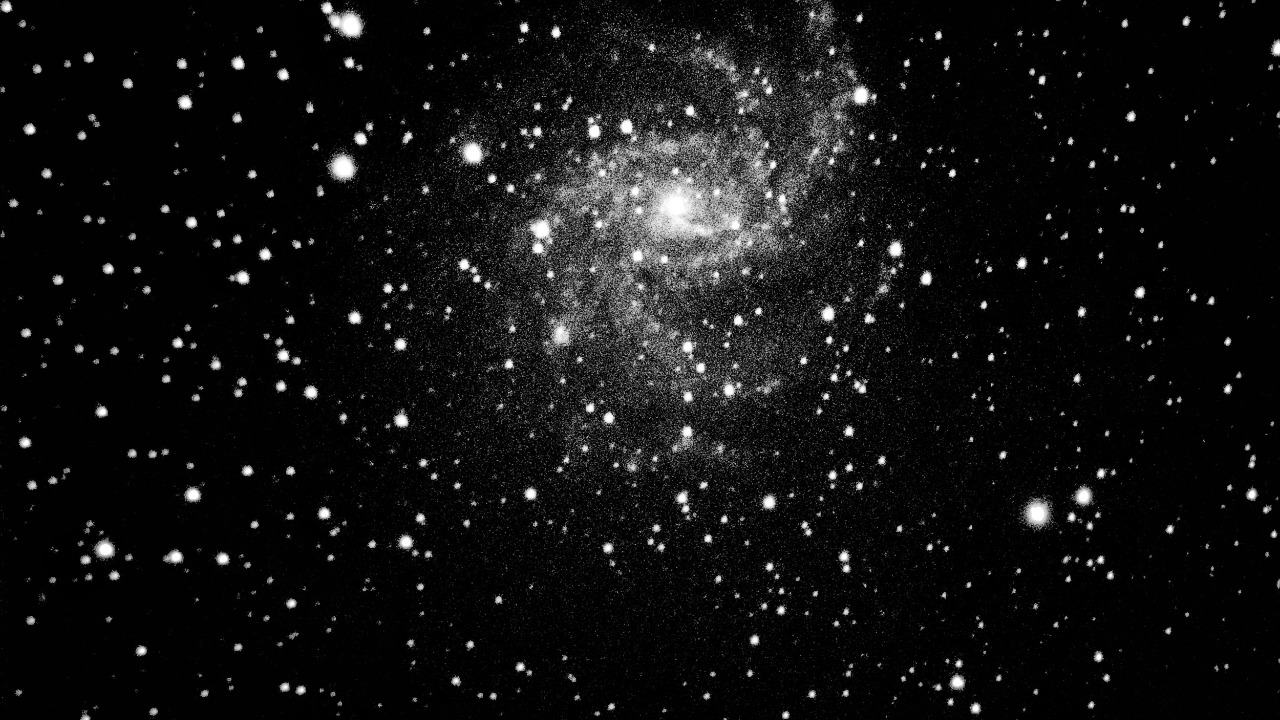
Revolutionizing Cosmology and Physics
If black holes are confirmed as portals, it would revolutionize fundamental concepts in cosmology and physics. Our understanding of space-time, gravity, and the universe’s structure could undergo a profound transformation. The portal theory challenges established paradigms, offering new perspectives on the interconnectedness of the cosmos.
Such a breakthrough could pave the way for new technologies and exploration methods, potentially unlocking the secrets of the universe. The implications for theoretical physics, cosmology, and our overall comprehension of reality would be monumental, opening up new avenues for scientific inquiry and discovery.
Impact on Space Exploration and Future Discoveries
The discovery of black holes as portals could have far-reaching implications for space exploration. It could redefine the goals and methodologies of future missions, as scientists and explorers seek to understand and harness the potential of these cosmic gateways. The prospect of discovering new worlds or dimensions offers a tantalizing glimpse into the future of space exploration.
Such discoveries could profoundly impact humanity’s place in the universe, expanding our horizons and challenging our understanding of what is possible. As we venture into the unknown, the potential for groundbreaking discoveries and technological advancements promises to shape the future of space exploration and our quest for knowledge.